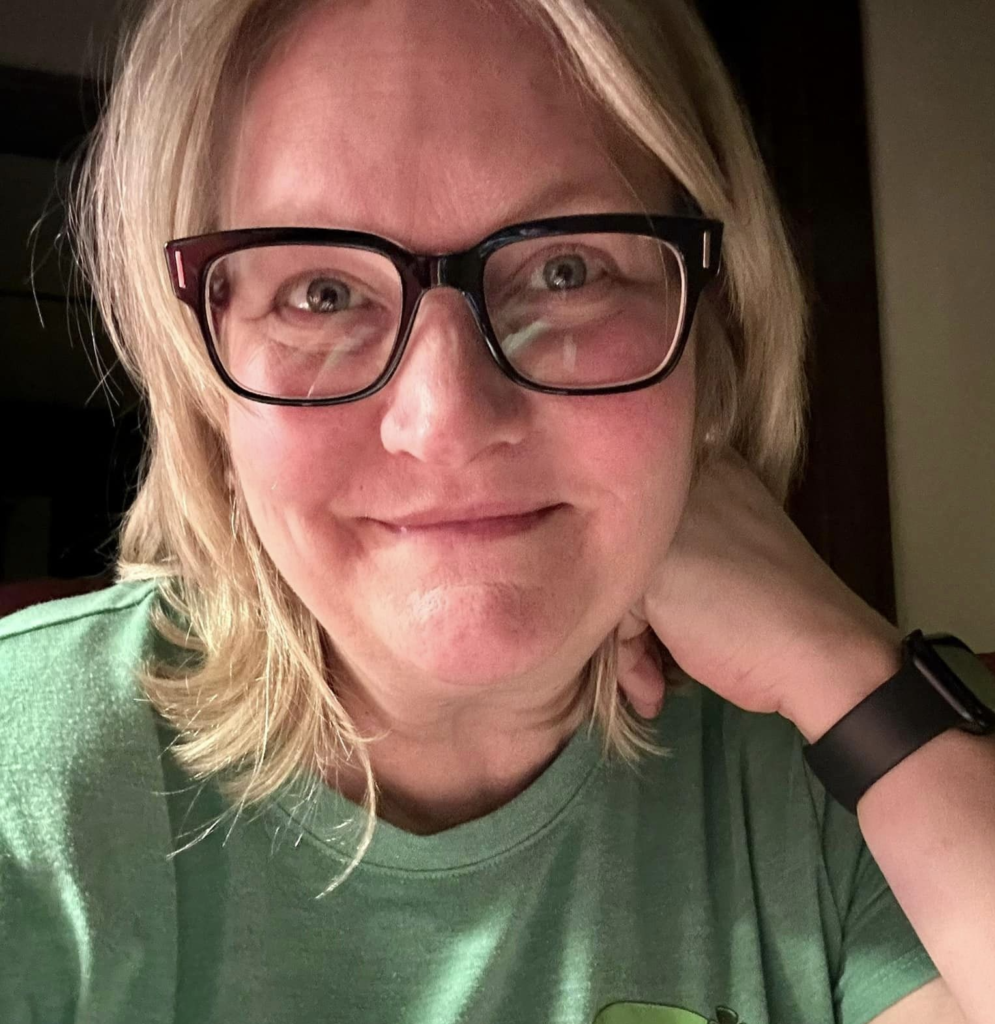If ordinances say that a successful, popular, locally-owned business is wrong, then perhaps the problem isn’t with the business but the ordinances themselves.
Town of Mooresville planning bureaucrats are wielding ordinances, policies and plans, threatening to kill a popular, local business that hurts no one and is, in fact, an affirmative good for the Mooresville community.
Josh’s Farmers Market, a staple in Mooresville for years, is being forced to close its current location at the YMCA in Morrison Plantation on Oct. 31 – exactly two months before the scheduled end of its nine-month 2022 season and just before the most critical months for the small business’ overall, annual success.
After working with the market for years to remain open, the town has now cited it for more than a dozen violations and is levying hefty, daily fines – up to $7,000 per day, according to public records – against Lowe’s YMCA, on whose property JFM is currently situated.
Though all fines are currently suspended because the market’s owner, Mooresville native and current Mt. Ulla resident Josh Graham, has secured legal counsel, the town’s fines “are incrementally increasing to encourage compliance, and property owners are notified of fine amount [sic] prior to fines being incurred,” according to a recent post on the Town of Mooresville’s Facebook page.
YMCA officials have supported the market, even going so far as to ask town officials how to make it possible for the market to finish its season there. While the town is levying its fees against the YMCA, Graham said JFM is under agreement with the YMCA to pay the fines.
The fines will effectively kill a popular, longtime, local business, hurting a community, hurting farmers and purveyors and hurting a local family.
The town recently took to social media to scold the market and apparently to respond to a multitude of calls and emails from market supporters about the local business being forced to close. The town’s social-media post angered supporters while also opening Graham and his family to public scrutiny. The post garnered 200 reactions – the majority of them anger – and 500 comments.
Meanwhile, a paper petition to keep JFM open as a nine-month, open-air market has garnered more than 3,000 signatures as public support for the market continues to climb.
But town officials aren’t budging. They say Josh’s Farmers Market doesn’t fit into their definition of a farmers market or outdoor/seasonal sales. So they’ve decided it’s a retail sales establishment.
“Josh’s Farmers Market sells retail goods that are purchased by the business and then resold to customers,” said Town Planning Director Danny Wilson. “This is a retail business and not a farmers market.”
But JFM, operating under its longtime, established, open-air-market business model, actually doesn’t fit neatly into that ordinance, either.
In fact, because of the town’s Unified Development Ordinance (UDO) – the most current version of which was adopted by the town board in February and seems to have removed an ordinance for “produce stand” – Josh’s Farmers Market doesn’t fit neatly into any of the town’s defined ordinances.
Retail sales and services
The town’s labeling of the market as a “retail sales establishment” places the open-air market in the same category as, for instance, pharmacies, hardware stores, furniture stores, florists, grocery stores, laundromats and beauty salons/barber shops.
“Over time, Josh’ [sic] Farmers Market has grown from a temporary produce stand to a full-fledged retail business selling a variety of products outside of Outdoor Seasonal Sales limitations including furniture and outdoor storage equipment/buildings,” reads the town’s Oct. 15 Facebook statement. “To continue sales of products falling outside of Outdoor Seasonal Sales limitation, Josh’s will require a permanent retail sales facility that meets Town requirements like all other retail businesses.
“If Josh’s Farmers Market choses [sic] to operate more than seasonally or full time and to sell furniture, sheds, or other retail items, the market can operate under the same requirements as other Retail establishments.”
Labeling JFM a retail sales establishment forces the market to operate outside of its long-standing business model, moving it primarily indoors in a permanent structure, able to use only 20 percent of indoor square footage for outdoor use. During the holiday season, that would look like 1,600 Christmas trees on 1,000 square feet of property … or 1,600 Christmas trees packed into a building with produce, pickled goods, canned foods, etc.
Outdoor/Seasonal sales
The market also supposedly doesn’t fit into the town’s definition of “outdoor/seasonal sales,” which are limited in duration to a maximum of 120 days and restricted to no more than three seasonal sales on a lot per calendar year, according to town planners. This means, according to them, JFM would have to pack-up its entire inventory every four months and move to a different parcel of land. “Outdoor/Seasonal sales,” according to the town’s interpretation of its UDO, is best suited for the temporary sale of, for instance, roadside fireworks or Christmas trees – not a nine-month market like JFM.
Farmers market
That leaves us with only one more category into which JFM could fit: “farmers market,” which has far fewer operating limits than “retail sales establishment” and is more in-keeping with JFM’s current operating model. But while “farmers market” is in the established business’ very name, town planners say it’s not a farmers market.
“A farmers market is a site used by vendors for the sale of goods prepared by the vendor – i.e. someone with bees selling honey from their bee hives, a farmer selling produce grown on his/her farm, a canner selling jam that he/she made, a baker selling bread he/she baked,” said the town’s Wilson. “Farmers markets are designed to provide spaces that support local farmers and other local food artisans by providing an area to sell directly to the public in an affordable space. The most widely used model (which is not required) is a series of small booths that each contain a different vendor. Most farmers markets are only open several hours a week (usually a weeknight or a weekend morning), but that is not a requirement.”
Wilson also said: “There are also many items that are sold as part of the Josh’s Farmers Market business which are not covered under the farmers market definition (i.e. outdoor furniture and sheds).”
But JFM, to comply with town ordinances, recently removed all outdoor sheds/buildings from its property at the YMCA (predating the town’s Facebook post stating otherwise), and its locally-made Amish furniture is on clearance to move it.
Deep roots
The spat between the town and Josh’s Farmers Market has been ongoing for years, since the market was still on Graham’s grandparents’ land on Williamson Road.

Graham started selling cantaloupes out of a wheelbarrow on that property in 1990, when he was just 10 years old.
A decade later, the young Graham was paying rent to his grandparents, selling fruits and vegetables on the same family land where it all began.
“Mooresville boomed while I was away at college,” Graham recalled, adding that the market’s sales mirrored the town’s growth. Graham’s dad – who owned the construction company Graham worked for at the time – encouraged his son to pursue the farmers market full-time. And in 2010, that’s what he did.
Graham’s market, now operating nine months out of the year, eventually grew to include fresh, local produce, baked goods, flowers and plants, meats, cheeses, seafood and – in 2014 – outdoor furniture, such as locally-made Adirondack chairs.
For years, said Graham, permitting with the small Town of Mooresville was never an issue. At one point, Mooresville allowed him to pay $100 a year for two six-month permits to stay in operation for an entire season.
By 2020, things had turned heated between the town and the market.
Growth spurs change
For almost two decades, the market stood on the same property where it all started. The land was sold once Graham’s grandmother died.
In March 2021, the town issued JFM a temporary, one-year permit to operate on the YMCA property in Morrison Plantation. That permit expired in March 2022. Then in April, the town granted JFM another 120-day permit to allow the market to operate as an outdoor/seasonal-sales business, in accordance with the town’s new UDO.
To adhere to the extension, however, JFM had to stop selling outdoor furniture and sheds/buildings. Graham recently removed the buildings from the YMCA lot and has placed all furniture on clearance.
That particular permit expired in July, and JFM has operated outside of town ordinances since.
“Not everything that the town is saying is inaccurate, and I’m thankful that they have worked with me to stay open,” said Graham. “The town issued us a 12-month permit, giving me until March 31, 2022 to purchase property, have all permitting complete and build a permanent structure that fits its definition of retail. Then a traffic study was required, and we were told all permitting would be on hold pending the traffic study results.
“Now I see that was an impossible deadline, even though I thought it was attainable at the time,” he said.
“We tried to accommodate the town’s timeline. We bought land, we began the design phase, we even put money down on a nice Morton building. But delays and hold-ups happen, and they did,” he said.
“Just classify us as a farmers market, and all of this is avoided,” Graham added. “Why choose to put us out of business or force us to relocate elsewhere over a classification, at least until we can get built permanently?”
Graham said the market paid $800,000 for property at the corner of Williamson and Sundown roads for its future home. That parcel happens to also be the location of Graham’s former childhood home. When all is said and done, the market anticipates a $2 million investment to adhere to the town’s UDO requirements for a “retail establishment.”





